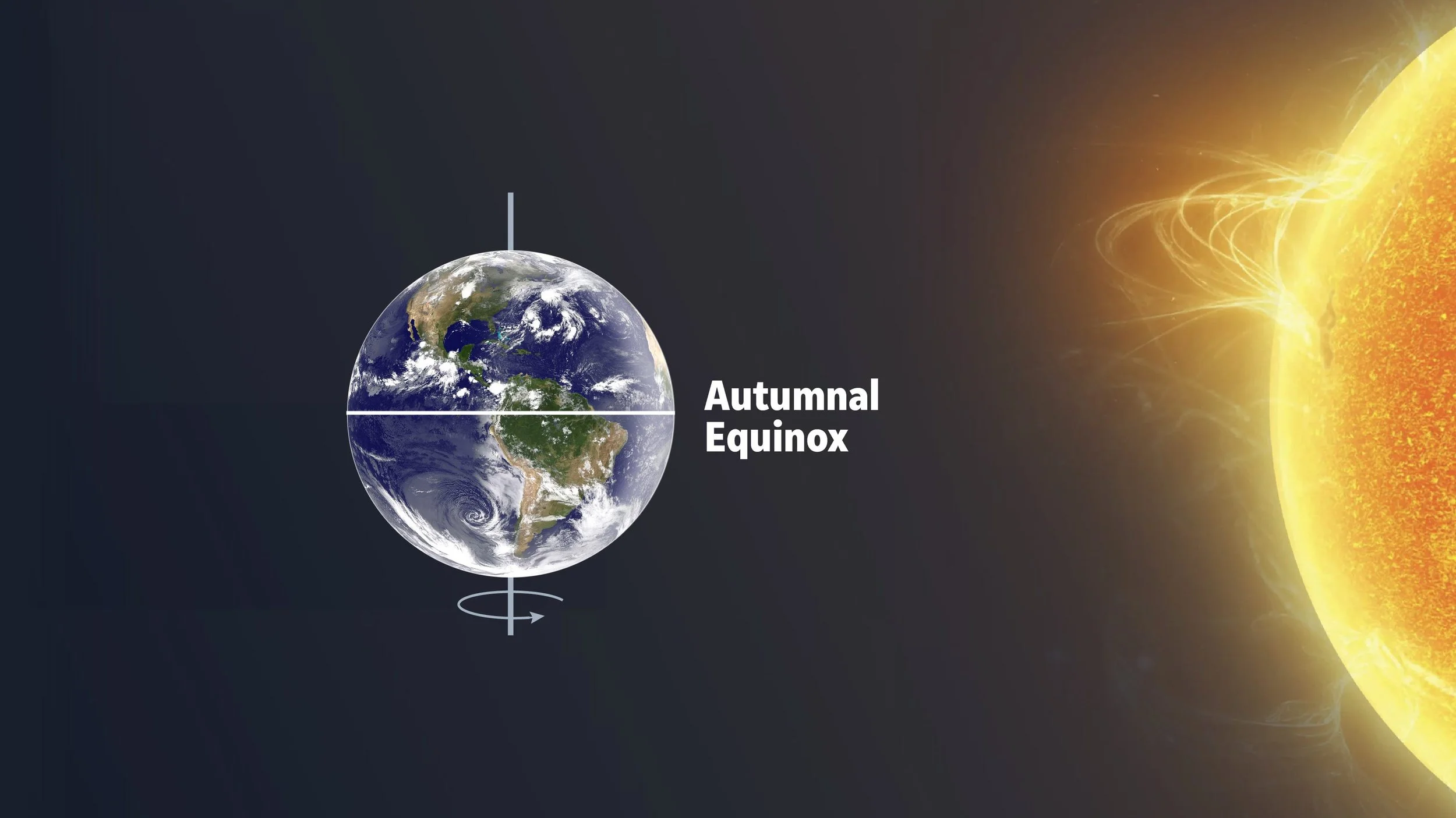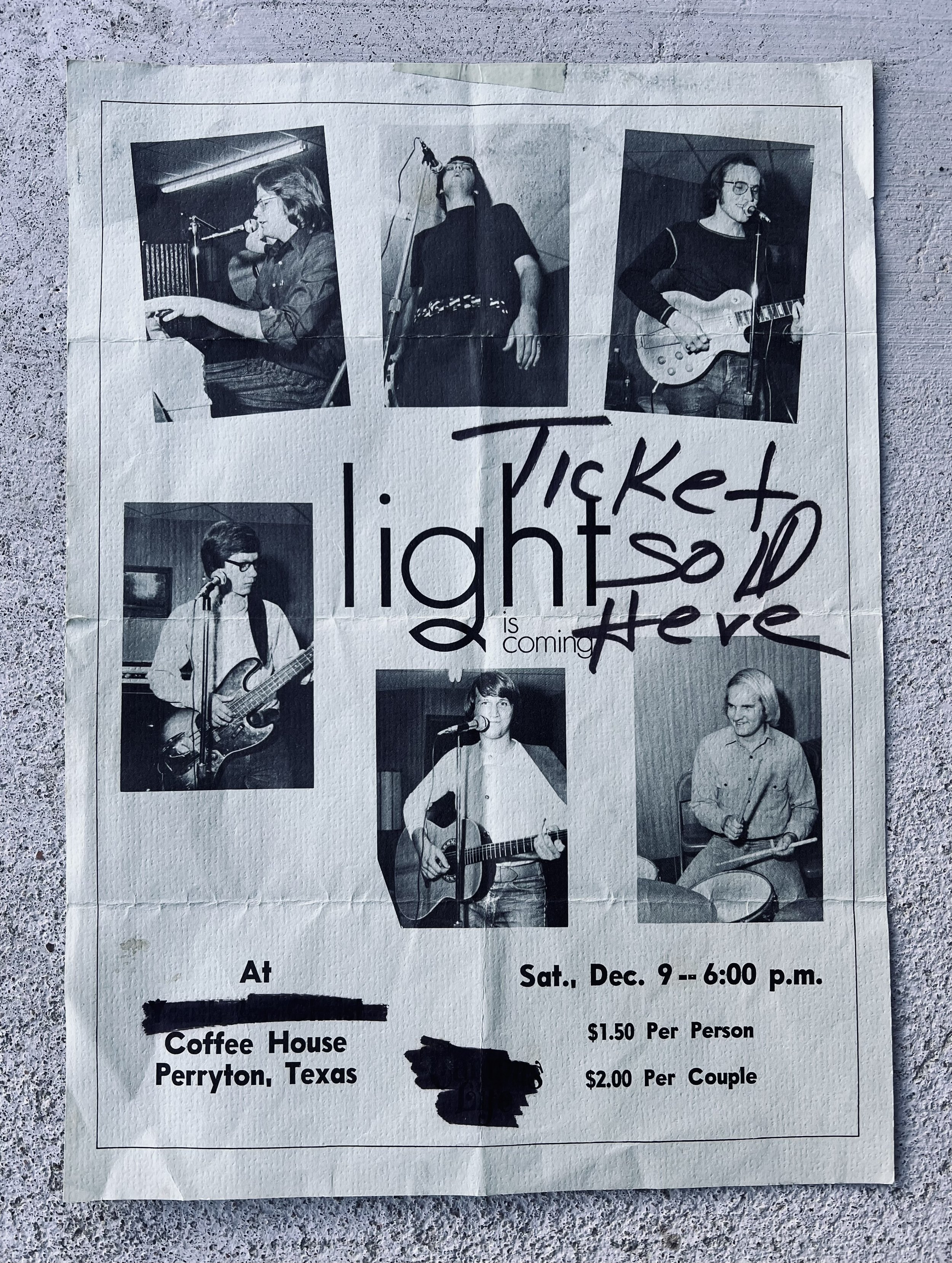AUTUMN LEAVES
/IT WAS AROUND 1968, The Zombies sang about a "Time of the Season". The song asks:
What's your name? (What's your name?)
Who's your daddy? (Who's your daddy?)
(He rich?) Is he rich like me?
The song has little to do with the crux of the matter of this post. (If there is a crux to this one.) (As I'm typing, this feels like just putting words out there about something/anything, to avoid saying out loud those words that weigh most heavy.)
So let's get to that crux--the essence: Autumn is my favorite season, and it starts today: Monday, September 22, 2025, at 1:29 CDT here at About Pops HQ. Although, with a forecast high of 90, it's not feeling like sweater-wearing season just yet.
The Autumnal Equinox is the time where the hours of sunlight and darkness are roughly the same. I'm not crazy about the days getting shorter, especially now when it feels like our cultural darkness grows longer and deeper. It is true that the darkest hour is just before dawn, and now dawn will be taking its sweet time bringing light and hope and newness each day. But, like that little girl sang: "The sun'll come out tomorrow."
Fall reminds me of one of my favorite songs. It's one of the "standards" as the music industry says. It's called "Autumn Leaves". It paints a picture, as good lyrics always do. We see the epitome of Autumn, not a pumpkin-spiced latte, but the leaves of red and gold. We're reminded of summer's passing and time marching on. With a twist: even though the daylight hours grow shorter, somehow the days grow long.
Since you went away the days grow long
And soon I'll hear old winter's song
But I miss you most of all my darling
When autumn leaves start to fall
Here's a little background to save you the googling:
"Autumn Leaves" is the English-language version of the French song "Les Feuilles mortes" ("The Dead Leaves") composed by Joseph Kosma in 1945. The original lyrics were written by Jacques Prévert in French, and the English lyrics were by Johnny Mercer. An instrumental recording by pianist Roger Williams was a number one best-seller in the US Billboard charts of 1955. --Wikipedia
Since its introduction "Autumn Leaves" has become one of the most recorded songs by jazz musicians. More than a thousand commercial recordings are known to have been released by mainstream jazz and pop musicians. I've played in a few jazz bands in my days and in each and everyone "Autumn Leaves" was on the set list. It has been arranged and rearranged in so many styles that it can sound like many different songs, but always with that haunting melody. One of my favorite versions is by the jazz pianist Bill Evans.
For a different take on it, listen to this YouTube video of it being played by a drum and bugle corp —The Bluecoats— who have made the song their official anthem. CLICK HERE FOR A LISTEN.
NOW FOR MY FAVORITE: This is a live recording of Eva Cassidy. She was in her young 30s at this performance. She died of cancer not too long afterward. When you watch this and hear her sing I think you'll agree with me that's it's almost like the song was written to be sung by her. CLICK HERE TO SEE EVA’S VIDEO.
Happy Autumn All. Enjoy. The Winter Solstice will be here soon when Autumn leaves until next year.









